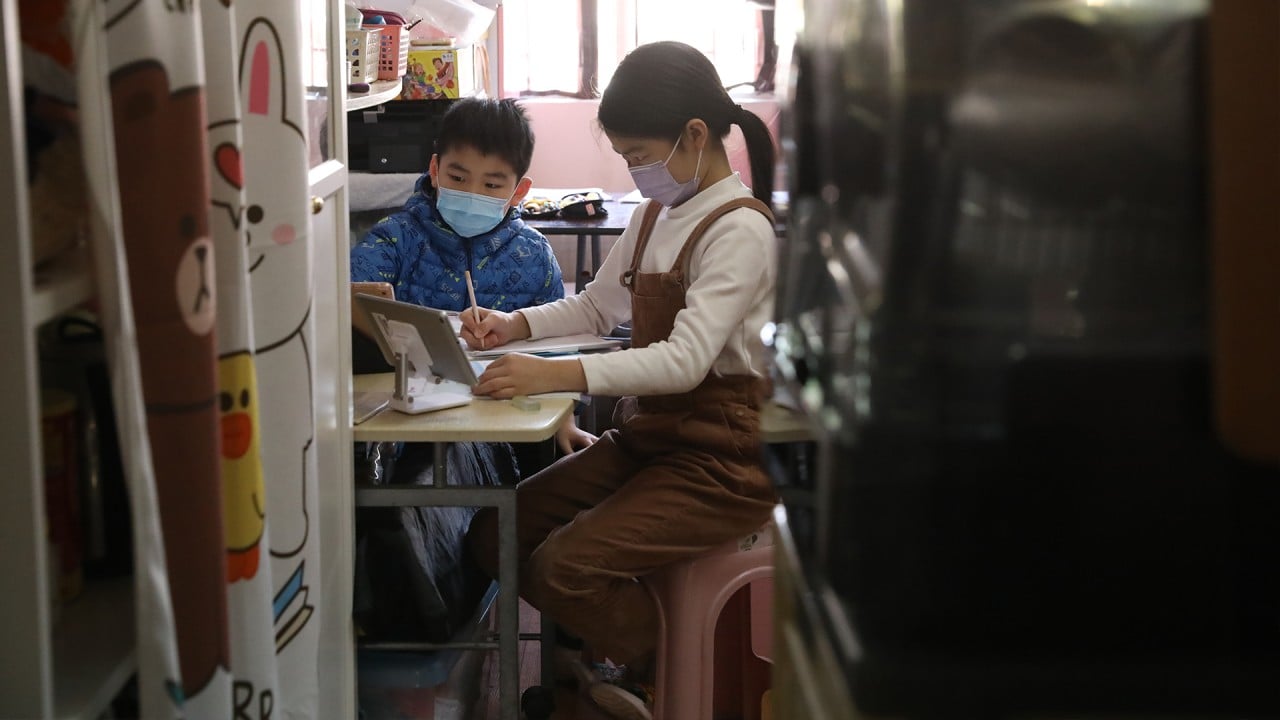
Mentorship scheme needs a clear focus to deliver for Hong Kong’s underprivileged students
- While the strive and rise programme has come together quickly, there are concerns about the motivation of mentors and lack of structure
- Pairing mentors with industry veterans, providing sponsorship and having a clear plan will show that the government is committed to real change
However, some of the research carried out on mentorship programmes paints a rather different picture. David DuBois, chair of the research board at the US government-funded National Mentoring Resource Centre, concluded in some of his most cited meta-analysis papers that, on average, mentorship programmes have only small effects on participants’ intended outcomes.
Perhaps not surprisingly, running a mentorship programme well is difficult. There are many moving parts in mentorship, and not getting everything to gel can lead to a reduction in the programme’s effectiveness.
How is the strive and rise programme faring? Ivan Chong, one of the programme’s earliest mentors and the initiator of a self-organised group of mentors on LinkedIn, has expressed some concerns, despite his generally positive feedback about the programme.
Second, the mentor’s background matters. The social status and gender of mentors do not appear to contribute significantly, but having mentors with backgrounds in helping roles or professions, such as teachers or parents, does.
While the mentors are responsible for supporting and interacting with mentees more regularly, industry veterans could provide insight and opportunities for students to achieve their aspirations. Both groups of mentors should be supported throughout the programme to develop skills to build mutual, trusting and empathetic relationships with their mentees.
Young and poor: what can Hong Kong do to help those stuck in cycle of poverty?
Next, the monetary reward that is part of the current programme should be considered. As students will receive up to HK$10,000 (US$1,300) as part of the programme, it is necessary to be sensitive to the power dynamics and motivations of mentees.
Finally, the programme should have a clear and constructive evaluation plan that is focused on development and collaboration from its inception. Most importantly, the evaluation should not be treated as a means for scrutiny but a way for the programme to grow and improve.
Scheme to help Hong Kong children escape poverty ‘half-baked’, experts say
It is also one of the largest of its kind, raising HK$140 million from more than 120 leading organisations acting as partners of the programme. While eager to contribute, these industry leaders will be evaluating the impact of this programme to determine their support for future government-run social innovations.
Whatever the outcome, this flagship initiative will be an indicator of the administration’s attitude towards creating actual, long-lasting change as opposed to short-term public-relations spectacles.
Kenny Lam is a Master of Education student in learning design, innovation and technology at the Harvard Graduate School of Education. He co-founded the student mentorship organisation Boundless


